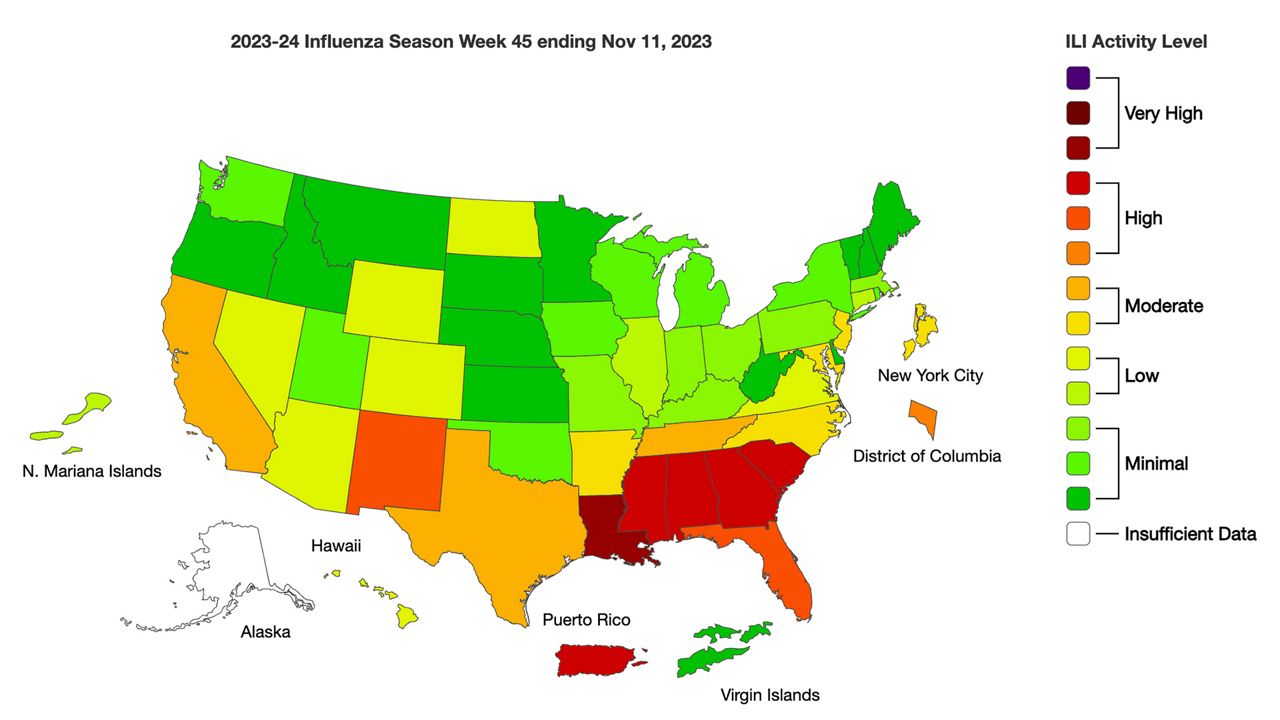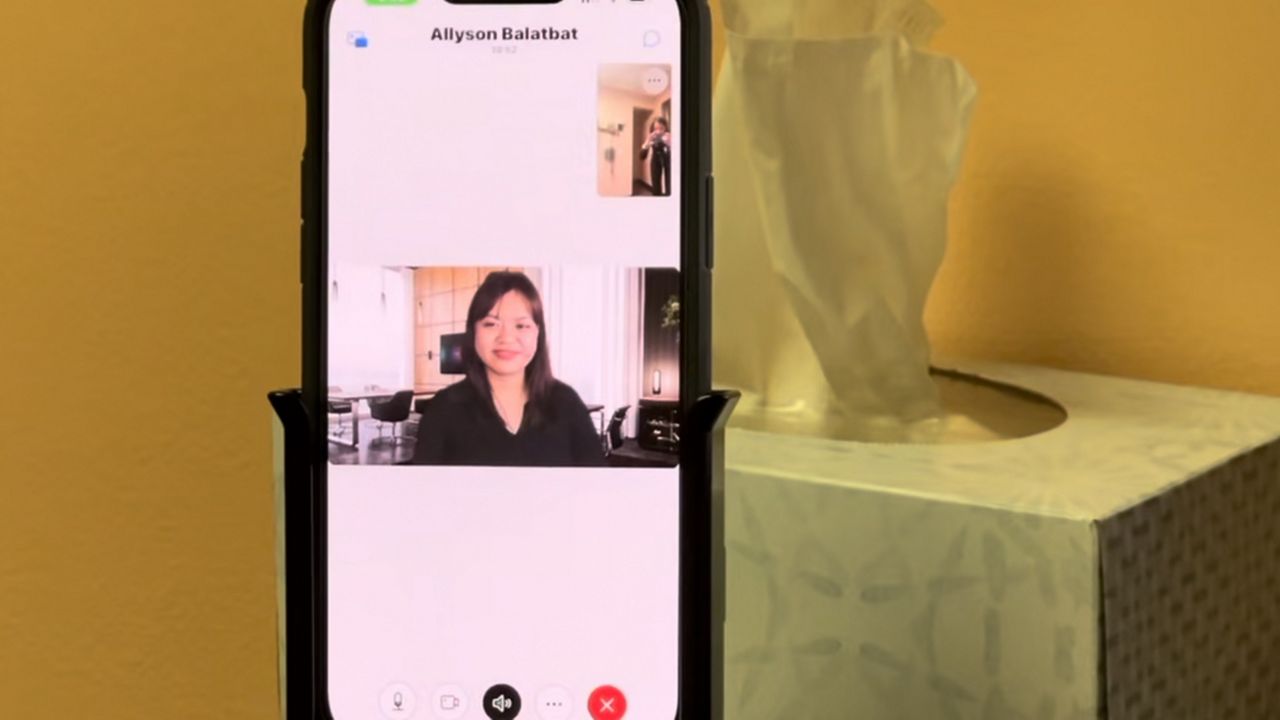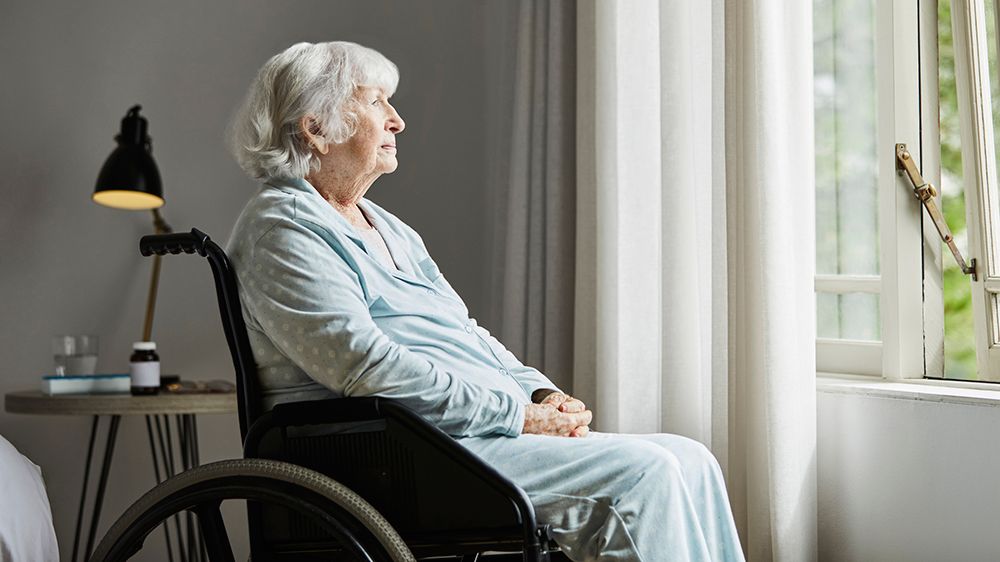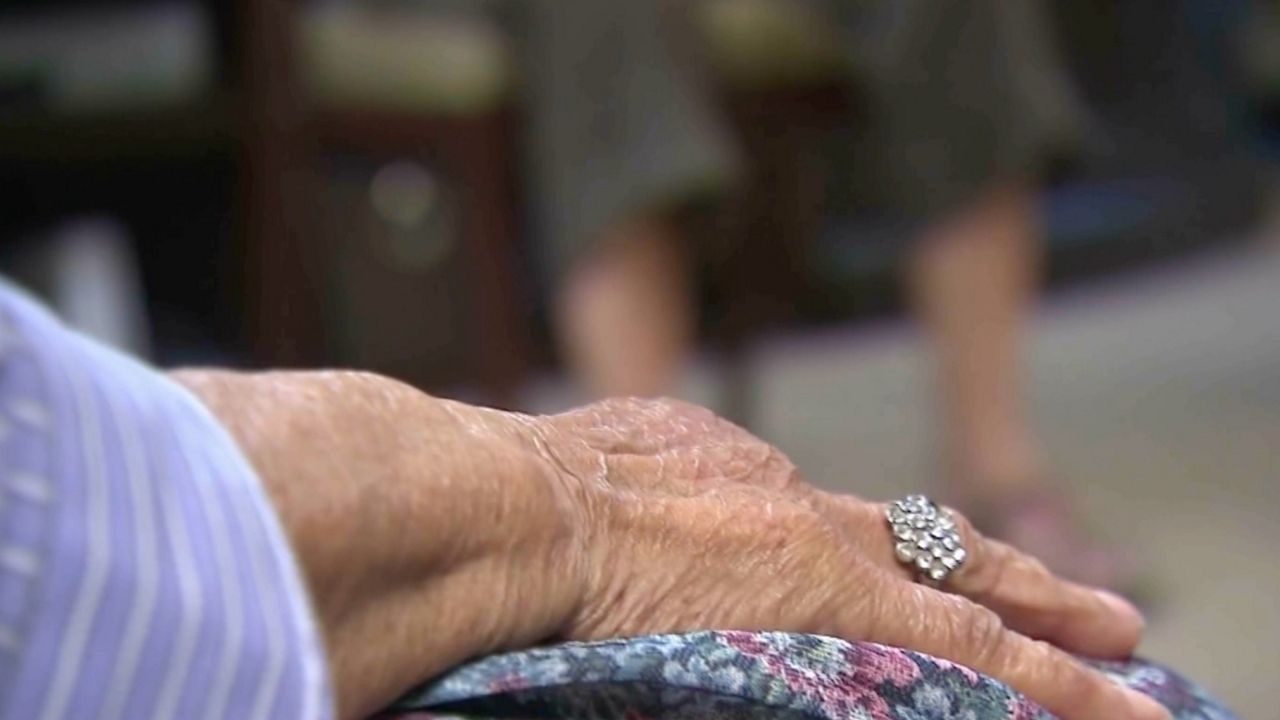Winter is near, which means flu season is here as well.
According to the state health department, so far this year, there have been more than 6,000 confirmed cases of the virus. Last year, state data showed there were more than 330,000 cases across the state.
According to the National Foundation for Infectious Diseases, it’s estimated an average of 20,000 children younger than 5 are hospitalized due to flu complications each year. Those who die from it are usually not vaccinated.
“There are typically more than one strain that occurs [and] the vaccine has four strains in it. So even if you get the flu, some people say, ‘well, should I still get it? I got the flu, so I don't need it.’ And the answer is still it's still a good thing to do and get it," says Dr. Harry Miller with Four Seasons Pediatrics.
Miller says there isn't a best time to get the flu shot, but you should try and get it as early as possible.
“The timing is based on is it available or not. For my college students, they come in August, I'm going to give them a flu vaccine. Then for everybody else, it's when they can come in," Miller said.

The flu can be extremely unpredictable. Miller said doctors have an idea of what to expect from flu trends in the Southern Hemisphere, which tend to be a good indicator of what will happen in the Northern Hemisphere.
The CDC tracks trends in the U.S. The map shows that in New York, right now, there’s minimal flu.
The U.S. is mostly seeing high rates of the disease in the south. But it’s only November; it’s still early and those trends could change.
Miller says if you are mildly sick, you can get the vaccine, and it does not interfere with the illness. It’s the time of year when people are getting sick a lot, and if you wait to get the shot until you are completely healthy, you might miss out.
Another misconception Miller spoke about is how some people think the flu shot can make you sick.
“So studies have been done on that,” he said. “And the thing about it is we give the flu vaccine at the time of year when illness is going around. If you didn't get the flu vaccine and you got sick, you'd say, ‘I got sick.’ But if you were getting an illness at the time you got the shot, you're going to blame the shot on causing you to get sick.
“And that's what they looked at in the studies about it, is when people thought they got sick and they measured and looked for other viruses, they found them. And then they knew really there wasn't a big difference.”
If you want to get a flu shot, many places offer vaccine clinics. You can also look into getting a shot at your local pharmacy.









